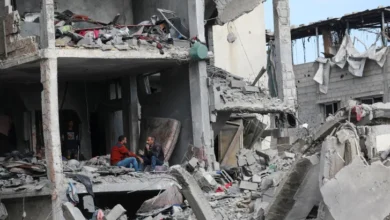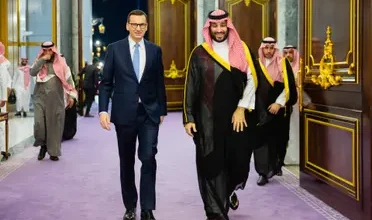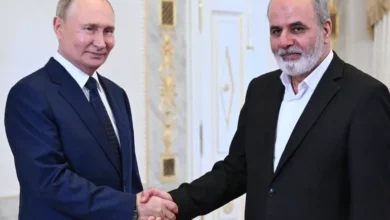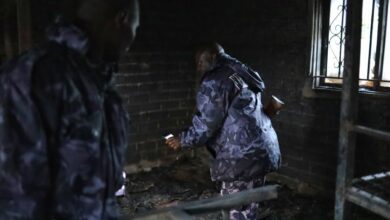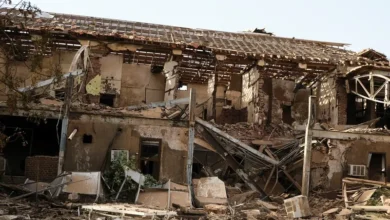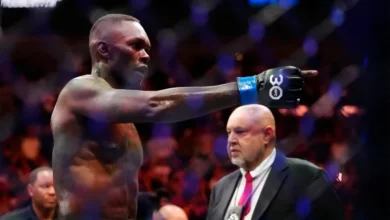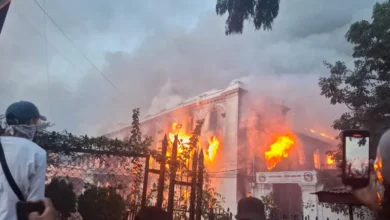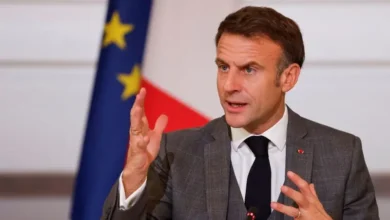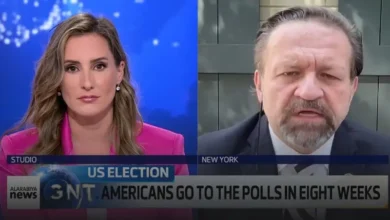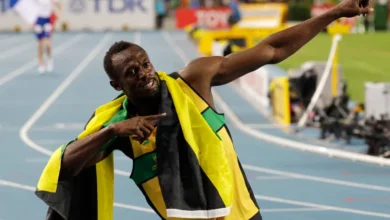‘Pro-Russian neutrality’: How Ukraine sees China’s emerging role
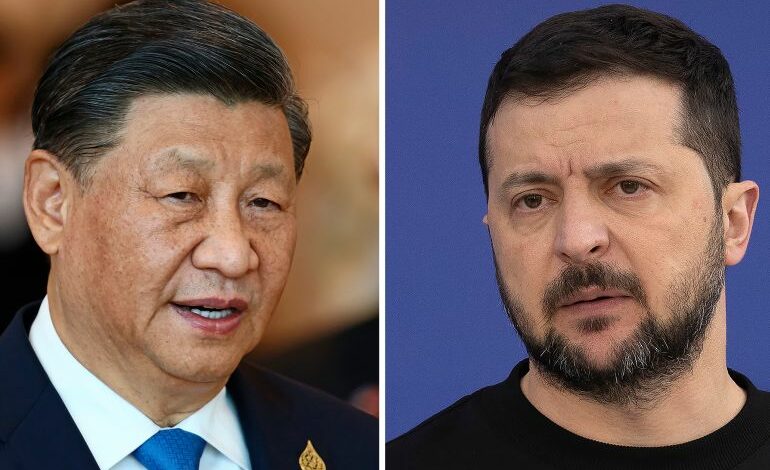
Volodymyr, a gaunt 44-year-old, recently returned from the front lines of eastern Ukraine and now needs psychological help for his post-traumatic stress disorder.
A contusion makes him slightly stutter.He voraciously reads news from the cracked screen of his mobile phone – and has a firm opinion about recent headlines on the role of China, the only remaining heavy-weight partner in Russia’s corner, in the war.
“China prefers to stay away from this mess,” Volodymyr tells Al Jazeera, withholding his last name because he is still on active duty. “They’ll never openly support Russia.”
“Openly” is a keyword.
As the Russian-Ukrainian war approaches its 15th month, China still considers President Vladimir Putin an irreplaceable, “strategic” ally.
Chinese President Xi Jinping has remained the only global leader to maintain amicable ties with Putin – and has used China’s seat in the United Nations Security Council to repel diplomatic attacks on the Kremlin.
Xi has never denounced the war, rather calling it a “crisis”.
According to Ukrainian observers, Beijing’s position is full of ambivalence and omissions.While he now appears to be trying to add a peacekeeper’s feather to his cap, observers say he could in fact be attempting to freeze the war on Russia’s terms to let it replenish its arsenals, train more servicemen and switch its economy to wartime mode.
“China doesn’t need a pompous truce,” Sinologist Petro Shevchenko, of the Jilin University in the Chinese city of Changchun, told Al Jazeera. “In principle, it will make do with a freeze of some kind, when Ukraine doesn’t declare the war’s end.”
Beijing has said Ukraine’s “territorial integrity” should be maintained – and in February proposed a 12-point peace plan that was met with scepticism by Western powers. While it called for dialogue and denounced the possibility of a nuclear escalation, the plan also lambasted Western sanctions on Moscow and did not urge Russia to withdraw troops.
To convince Kyiv, Beijing “will resort to economic statecraft, economic tools” that may include a contribution to Ukraine’s post-war restoration and better access to China’s market for Ukrainian food producers, Shevchenko said.It could be easy.
In 2017, China became Ukraine’s largest trading partner. It buys wheat, corn, jet engines and steel slabs – among other things.
Beijing also wants Ukraine to become a hub of the mammoth Belt and Road infrastructure project that straddles Eurasia from Pakistan to Poland – a role Kyiv rejected after the 2014 Russian annexation of Crimea.
But if Ukrainian President Volodymyr Zelenskyy brushes off China’s peace offering, Xi may start supplying Russia with weapons, including drones and microchips, Shevchenko said.
The step could be especially detrimental given that many Chinese arms are based on Soviet prototypes.
Beijing may also tacitly prod North Korea and Iran towards sending arms and ammunition to Moscow, he said.

